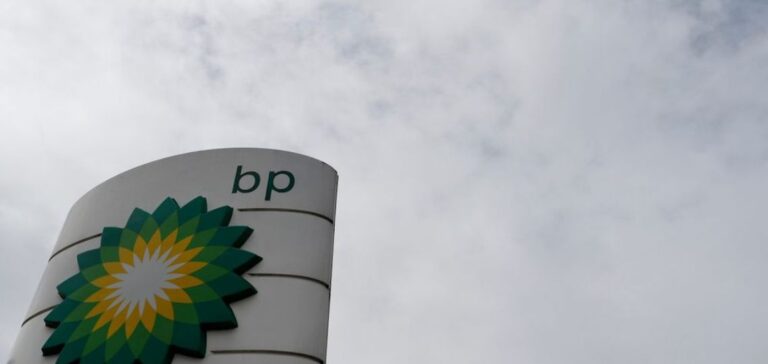“Global oil prices are likely to be supported by growing demand, greater OPEC+ discipline and slower US production growth in the short to medium term, said BP CEO Bernard Looney” on August 1.
Optimistic Forecasts: BP Anticipates Oil Demand Growth Despite Economic Concerns
Despite lingering concerns about the speed of China’s economic rebound after COVID-19 and the risks to global growth from high interest rates, Looney said he expects oil demand growth of over 2 million b/d this year with over 1 million b/d of demand growth in 2024.
Looney also noted that the number of US rigs has fallen from year-ago levels, while OPEC+ looks set to support oil prices, with unilateral production cuts by Saudi Arabia and Russia.
“I can create a very strong case for oil,” Looney told analysts on a quarterly earnings call.
“OPEC+ remains exceptionally disciplined if not increasingly disciplined and shows no signs of changing. You’re also looking at the US, where I think rig counts have fallen to the lowest level since February last year…. So I can create a situation there where you describe the prospects for oil prices to be strong over the coming months and years.”
His comments come a day after Goldman Sachs said it continues to expect Brent crude futures to rise further to $93/b by mid-2024. Supply shortfalls due to record oil demand and Saudi supply cuts are tempered by high OPEC capacity and expected growth in US shale. Brent crude futures were trading at $84.96/b at 1215 GMT on August 1, up around $13, or 18%, since the end of June. Analysts at S&P Global Commodity Insights currently forecast that Dated Brent will average $83/b in July 2024. Platts, part of S&P Global, valued Dated Brent at an average of $85.655 on July 31.
Energy Transition and Volatility: BP Expects Intense Price Fluctuations in the Future
Over the coming months, BP also expects oil and gas price volatility to remain high, said Looney. He pointed in particular to the potential for a recovery in demand for natural gas in Europe this winter following Russia’s invasion of Ukraine, which affected 20% of the population, even though regional gas stocks are currently above seasonal norms.
“I think the only thing you can expect through all these product flows is probably a lot of volatility, probably more than we’ve seen in history,” he said.
Looking ahead, Looney was optimistic that the expected increase in price volatility for its main energy products would boost profits in its commercial divisions.
“I think the only thing you can say as we look to the future in the world…. is that the energy transition is complex and therefore complexity will probably lead to volatility. As everyone knows, volatility is constructive for a trading business,” he said.
Although he expects a more favorable oil price environment in the medium term, Loney said BP will continue to plan financially on the basis of much more cautious expectations for price realization.
“We know there are a lot of uncertainties and so we don’t plan on that basis and that’s why we’re managing the company on the basis of a $40/bbl oil price, a $3/MMBtu Henry Hub price and we don’t intend to walk away from the company on that basis,” he said.






















